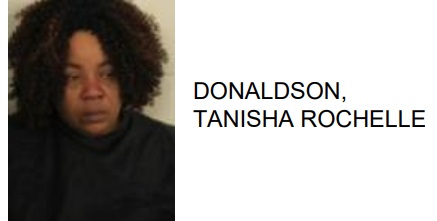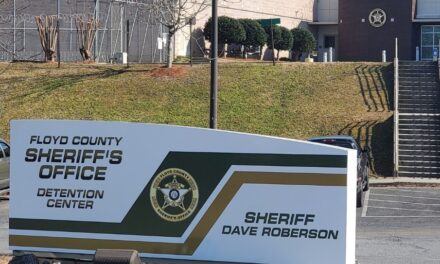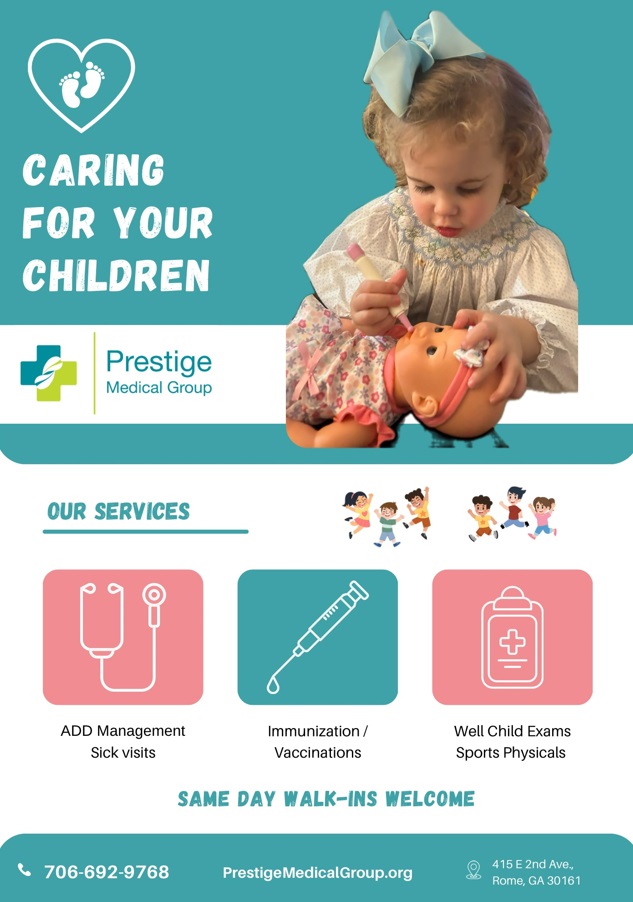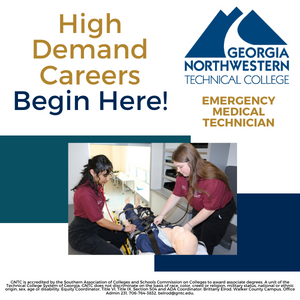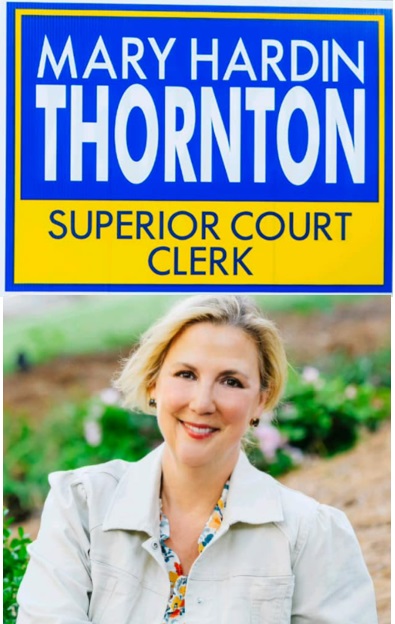Darlington School has achieved reaccreditation by the Southern Association of Independent Schools.
“SAIS accreditation is validation of Darlington’s efforts to provide the highest quality education possible for our students each day,” said Head of School Brent Bell. “We are grateful to all those who participated in the process, particularly Learning Specialist Justin Bruce, who led our internal accreditation team, and the Visiting Committee, chaired by Dr. Quinton Walker, upper school head at University School of Nashville. The Visiting Committee’s understanding of both the tradition and ambition of Darlington supports us as we continue to empower our students to learn with passion, act with integrity, and serve with respect. Preparing for the visit takes significant time and effort, and I am proud of the way Justin led us and created a positive visit for the committee.”
The school utilized the strategic planning process to complete the self-study. The self-study team, comprised of representatives from all areas of school life, utilized existing work, survey results, and strategies already in motion to create a plan that focuses on people, programs, and place.
“We believe in Darlington, we believe in the ideals of Darlington and we believe Darlington will move ever forward,” said Bell. “Of significant importance is the plan’s focus on who we are and who we will be rather than what we do. In this light, we not only ask ourselves why Darlington matters, we also ask, who do we want our students to be?”
The four areas of focus for the Visiting Committee and accompanying goals identified by the school in the self-study include:
- Faculty compensation model – Create a new faculty compensation model that provides the clarity and ability to continue to attract and retain outstanding teachers and mentors
- The Darlington Standards – Enhance our commitment to our design, build, teacher, learner, and leader Standards by marrying standards to our Cycle of Learning and providing opportunities for clear communication.
- Utilization of data – Utilize the expertise of the Teaching and Learning Center to identify, collect, and use academic data thoughtfully and strategically for the benefit of our students.
- Student empowerment programs – Build upon our student empowerment programs such as Senior Ventures, service learning, and Darlington Connects to enhance a commitment to leadership and an entrepreneurial spirit in our students.
In their final report, the Visiting Committee shared commendations and recommendations related to each of these areas.
“Darlington School has much to be proud of. It’s a school that is eager to improve and unafraid of asking the best questions, even if difficult or uncomfortable,” wrote Walker in the Visiting Committee’s final report. “The goals set forth in the self-study all have, at core, a focus on continuous improvement and growth in specific areas. The school desires to be data informed, measuring what matters in the lives of students and faculty. The school wants to articulate, with clarity, what it means to be a successful student, teacher, learner, and leader at Darlington. It wants to make sure that students feel empowered and engaged to do their very best work in a range of avenues. It wants to honor those people who work at the school with the very best compensation possible. Ambitious goals, yes, but worthy of pursuit.
“The visiting team is confident Darlington, a school with a heart for community, will pursue the goals as a means to advance its mission – to empower students to learn with passion, act with integrity, and serve with respect.”
Accreditation is voluntary and must be renewed each year. In addition, the self-study process and peer review visit must be repeated every five years for continued accreditation.
SAIS began its organizational life in 1903 as the Mid-South Association of Independent Schools (MAIS). In 1953, another organization began as the Southern Association of Independent Schools, providing a forum for independent school administrators to work with public schools through SACS and to contribute to the larger interest in accreditation in the Southeast. MAIS and SAIS merged in 1986 to form the present-day SAIS, which now works at the state, regional, and national levels, to serve and strengthen member schools through the promotion of the highest quality educational standards and ethical conduct.












